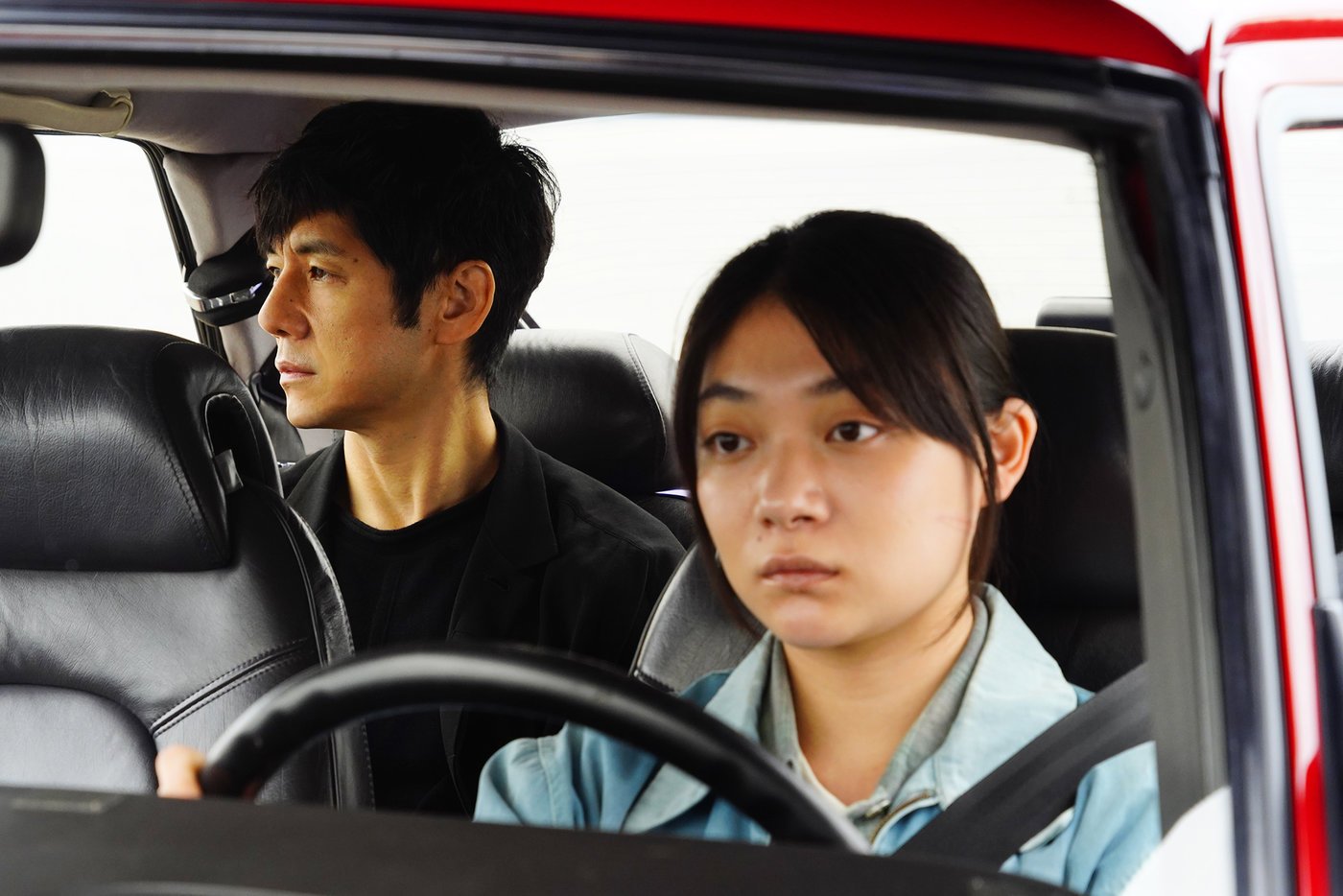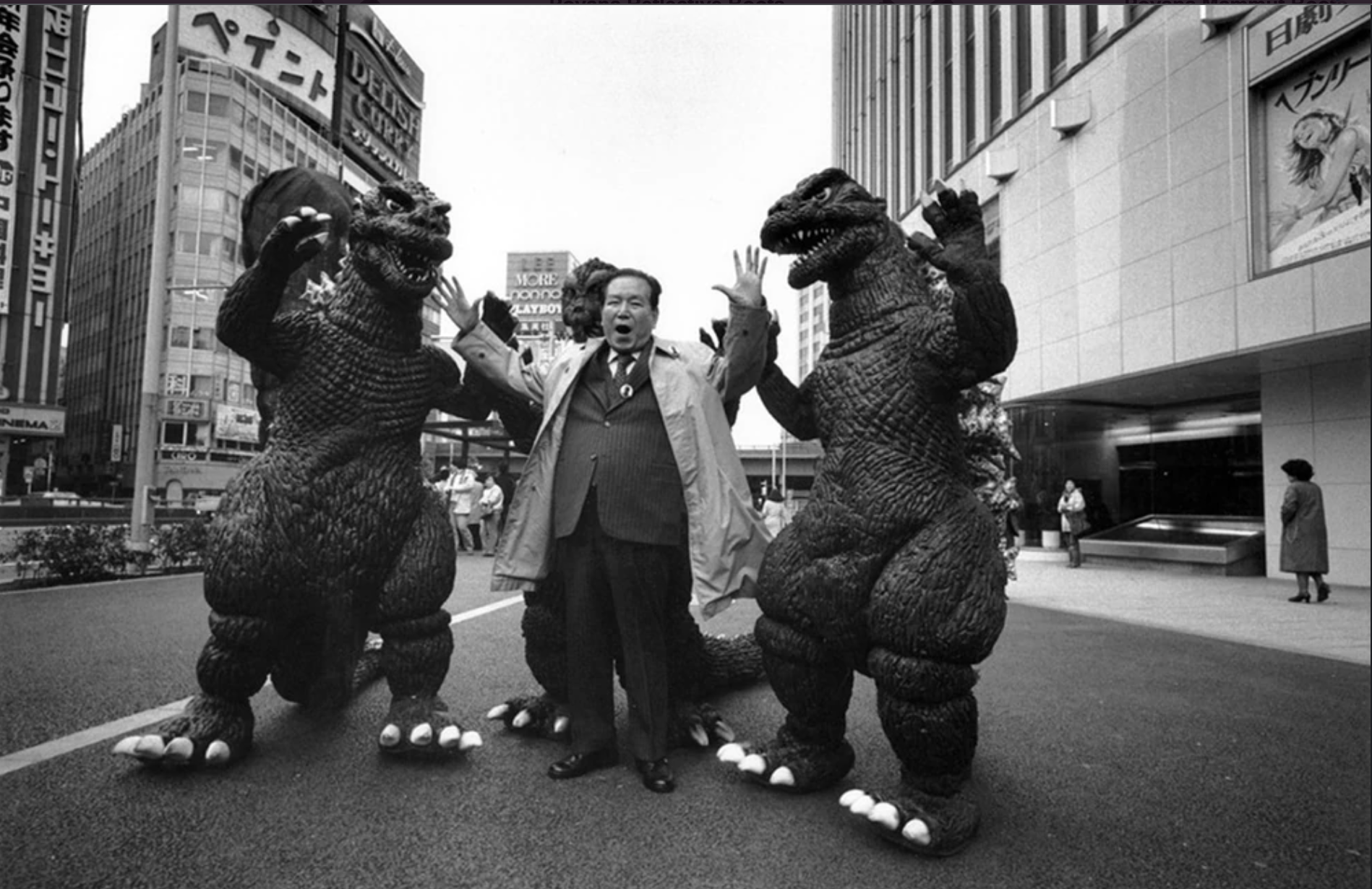What Happens When You Plunge To Your Death: August in the Water

The 1990s were a prolific time for Japanese film and animation: without today’s social restrictions and abundance of critics, it created an environment where creativity had no boundaries.
Our beloved treasures directed by Beat Takeshi or Miike are just an easy example. Despite this, many movies have been left behind and gone obsolete. One movie that needs to escape the category of forgotten gems is August in the Water.
The year 1995 was a good year for the upcoming director Gakuryu Ishii, as he released his best film, August in the Water. His punk and rebellious style has awarded him with accolades from Quentin Tarantino, who revealed him as an inspiration. It’s no wonder that Ishii is influential, as this movie is just an introduction to his philosophical and metaphorical approach.
Set in the mid-summer of Fukuoka, a schoolgirl named Izumi prepares for her high diving competition. Amidst the worries arising in the area, she consoles herself by befriending two boys and basks in silent but poetic romances. The darkness that plagues the city slowly but surely catches up to them: a mysterious disease leaves patients with stone-hard organs, disruptive droughts happen, and two meteorites land on the neighboring mountains. What Izumi doesn’t know is that a nearly fatal accident will change her permanently, and maybe for the best. In fact, she will be the one to save everyone from turning into stone.
The unusual plot isn’t the only delectable element. Viewers applaud this film for its subtle tones criticizing Japan’s work culture and global warming, all while incorporating metaphysics and spiritualism. It’s a sci-fi movie, but it’s tender, and the ambient soundtrack will enchant many`.
Blurring the lines between dream and reality, August in the Water reminds us that we will never know the truth of the world for certain, and this haze that wraps us tightly is nothing but a reflection of ourselves.
About the Author:
Mizuki Khoury
Born in Montreal, based in Tokyo. Sabukaru’s senior writer and works as an artist under Exit Number Five.





